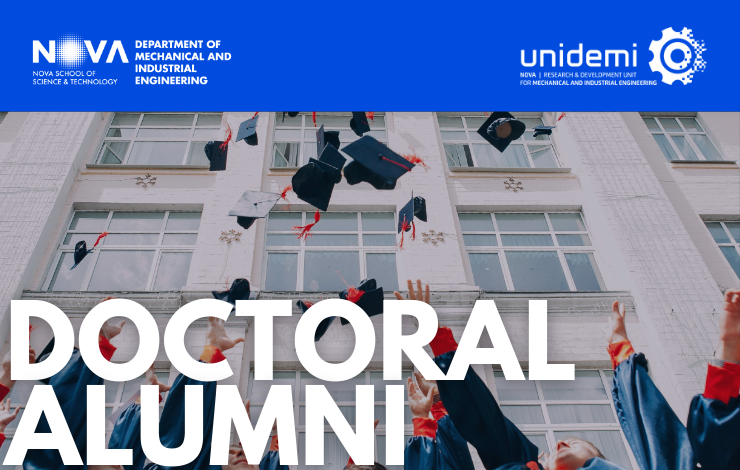Abstract: In general, models of operation and funding of universities has undergone intense changes over the last decade, caused by the demand for a new organizational mission, which includes the production of socio-economic impact. This transformation has been intensified by the adoption of a research impact-based agenda, which has been operationalized in different ways around the globe. Despite the raising importance attributed to the “societal impact” that should result from academic research activities, the definition of this concept, as well as the assessment approaches and models to assess it, are subject to discussion and shrouded in controversy among academics, university managers and policymakers. Considering this situation and the challenges of the impact-based research agenda, this study proposed the development of a conceptual framework for research impact which can address some of the current problems and then contribute to the promotion of research impact produced by higher education and research institutions. Given this objective, a first phase of research was conducted which allowed to deepen the existing knowledge about the implementation challenges of the impact-based agenda, as well as, to unveil a common set of beliefs and values shared by the academic community, which regardless of the research context, may come into tension with policies and other instruments of impact promotion. The obtained results also validated the need and interest in developing a framework for impact focused on the analysis of the academic research process. Thus, in a second phase of the investigation, the conditions (resources) that could have a positive effect on the production of different types of impacts, referred to as impact conditions, were analyzed. The eight categories of impact conditions here obtained, which were dived into three different categories, served as the basis for the development of a process-based conceptual framework for the impact of academic research.This framework, together with the impact assessment tool here proposed can be used by management teams of higher education institutions and research organizations to assess the current performance of the organization in what respects to research impact, as well as, to support the definitions an implementation of strategies that can take the organization towards and increased production of research impact. The results obtained in this study may also produce effects on research impact assessment policies and procedures, as well as, contribute to a better involvement of the academic community in these topics and therefore increase the efficacy and efficiency of the impact produced by the results obtained in the academic research activities.
